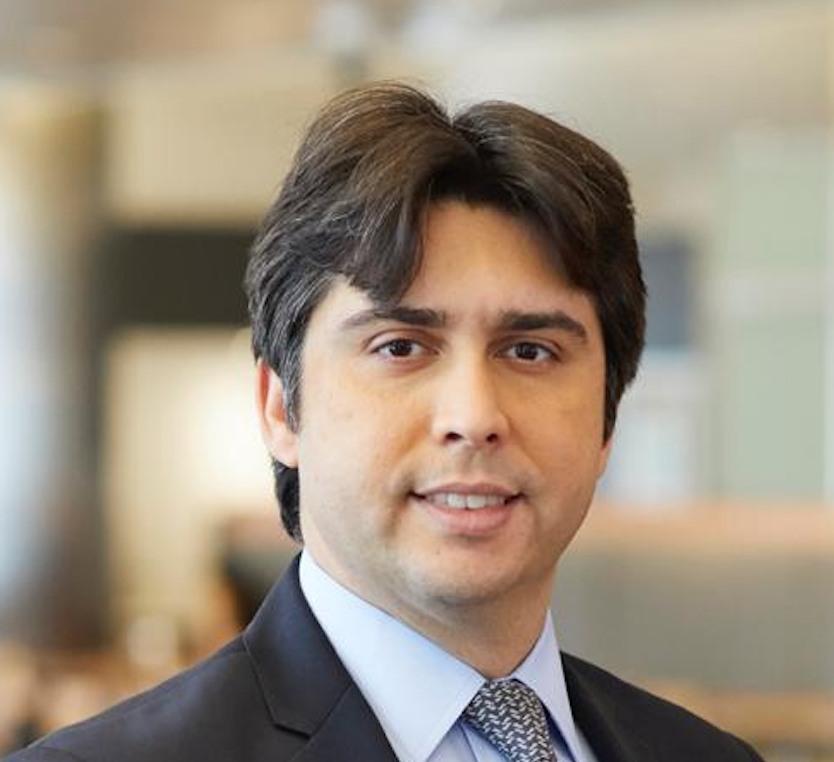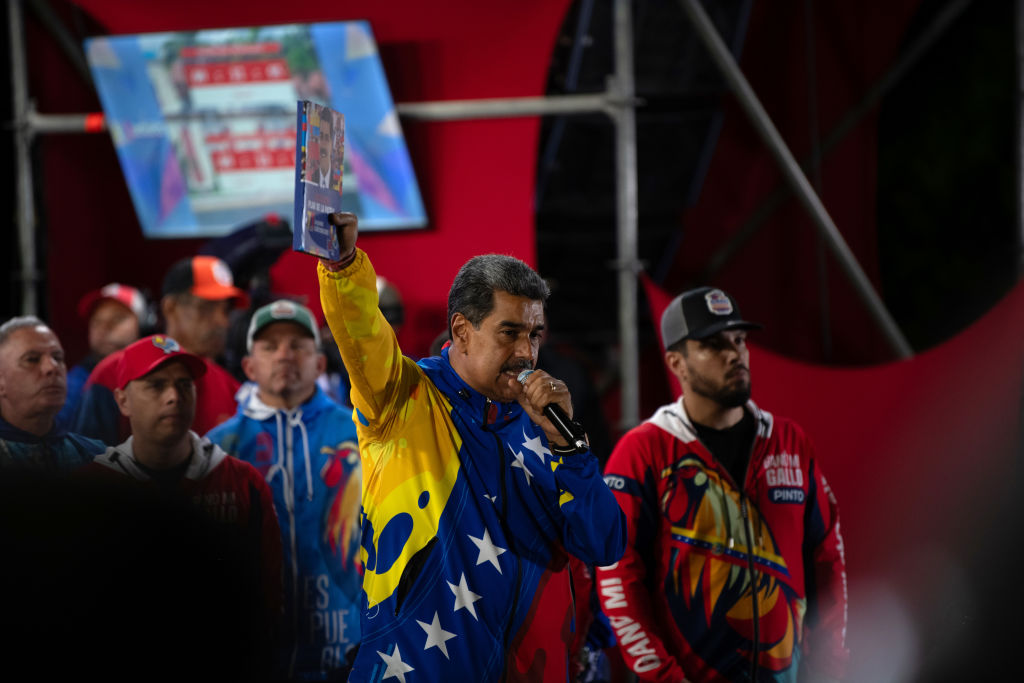Venezuela’s most consequential election in a generation ended in controversy as both President Nicolás Maduro and opposition candidate Edmundo González Urrutia, a former diplomat, claimed victory. This set the stage for a prolonged and contentious confirmation process.
After delays in releasing the official preliminary results, the government-controlled electoral authority, CNE, declared Maduro as the winner of the controversial contest with 51.2% of the vote compared to 44.2% for González Urrutia. Addressing the nation in the early hours of Monday, María Corina Machado and González Urrutia said the opposition won 70% of the votes and Maduro took only 30%. She said the opposition’s numbers showed the “biggest margin difference” in the history of Venezuela’s presidential elections. For his part, González Urrutia confirmed the opposition will seek to defend the people’s vote by peaceful means. As of Monday morning, he had not called for protests or other civil disobedience.
U.S. Secretary of State Antony Blinken cast doubt on the results, saying “we have serious concerns that the result announced does not reflect the will or the votes of the Venezuelan people.” Along with other international leaders, he also called for an official, certified vote counts to be released transparently. Meanwhile, Russia, China, Cuba, Nicaragua, Bolivia and others recognized the official result and congratulated Maduro.
In Latin America, the governments of Brazil and Colombia called for transparent, verifiable vote count reports, while the foreign ministers of Argentina, Costa Rica, Ecuador, Panama, Paraguay, Peru, and Uruguay urged Maduro’s regime to guarantee that the vote count “will fully respect the popular will” of the Venezuelan people. Chile’s President Gabriel Boric also called for transparency, saying, “Maduro’s regime must understand that the results are hard to believe.”
The Brazilian government, a key player, said in a statement it will wait until all voting data is made public by the CNE, “an essential step for the transparency, credibility and legitimacy of the election result”. The administration congratulated Venezuela for a peaceful election day and said it is following the vote-counting procedure closely.
More than 21 million Venezuelans were eligible to vote in Sunday’s election. While 10 candidates representing 38 political parties were officially registered, the contest was in reality a two-man race between González Urrutia and Maduro. Preliminary figures show participation of around 59%, according to the CNE.
AQ asked analysts to share their reactions and perspectives.

Tamara Taraciuk Broner
Taraciuk Broner is the Inter-American Dialogue’s Peter D. Bell Rule of Law Program director and the former deputy director of Human Rights Watch’s Americas Division.
The massive turnout on July 28 showed that millions of Venezuelans chose to express themselves democratically through their vote, even if conditions were far from free and fair. Despite the unsurprising fraud by the Maduro regime to claim victory, what happened on Sunday is the starting point—not a death sentence—for Venezuela’s transition back to democracy.
The Maduro regime’s blatant and unsurprising response was the only thing it could do: attempt to steal the election. There’s no credible evidence to back the official results, which the CNE announced on Sunday night, projecting a Maduro victory of 51% over 44% for González. On the contrary, all evidence—ranging from exit polls to copies of vote tallies from the voting centers to which the opposition monitors had access—points to a solid victory by the opposition, including in areas that traditionally supported Maduro.
A political transition in Venezuela can take place even after this tainted election with disputed results, and even as some people in power refuse to step aside. The regime needs international legitimacy, in part to have access to key markets, and these electoral results certainly do not provide it. Meanwhile, the opposition has the democratic legitimacy provided by vote and has, in recent months, stood behind a united message of peace and transition. With the electoral fraud, the regime tried to shift the starting point of a political negotiation that will inevitably take place between now and January, when the next government is scheduled to take office.
Historically, the Maduro regime has not given concessions voluntarily, and it will not do so now. The key question moving forward is how to provide incentives, within the boundaries of the rule of law, to individuals who can help the country move away from the current repressive apparatus toward the complicated path to democracy.
Power is not monolithic in Venezuela today, and, especially after these elections, there will be divisions within Chavismo. Key international actors, including the U.S. and regional players like Colombia and Brazil, should be sending a clear message to high-level government officials, as well as the middle and lower ranks. This message should be that if they are not responsible for crimes against humanity, a high legal standard, they do not necessarily have to be blacklisted.
Many members of the security forces, the judiciary and the electoral authorities can have a better future in a democratic Venezuela if, in the coming weeks, they decide not to cling blindly to power, not to repress the public and the political opposition, and to respect the popular will demonstrated through the vote.
They need to hear—loud and clear—from a united opposition and key international actors that this is their best option moving forward.

Alejandro Arreaza
Andean economist at Barclays
The result of the July 28 presidential election remains contested. Large numbers of people turned out and voting was relatively calm. Various exit polls, like this one from Edison Research, and quick counts of the vote indicated a landslide victory for opposition candidate Edmundo González, with 65% of the vote. This estimate is similar to, or even exceeds, what pre-election surveys signaled.
However, after voting centers closed, the situation changed dramatically. The opposition began to report irregularities in some voting centers, including an unexplained halt of transmission of results from multiple precincts. The military high command then gave a statement signaling that Maduro had been re-elected. When the National Electoral Council (CNE) released its official report, it claimed Maduro had won with 51% of the vote.
The sharp contrast immediately triggered claims of fraud by the opposition. The international community, meanwhile, has found the results “hard to believe,” in the words of Chilean President Gabriel Boric. This pushes the situation into the most complex of possible scenarios. Internal and external pressures will test the cohesion of the government.
Tensions seem set to escalate. The opposition’s initial reaction has been cautious. It is focused on collecting the largest possible number of official, certified vote counts from polling places. The opposition said by Monday morning it had already collected over 40% of the tallies.
Demonstrations may coalesce at any time. Pre-election polling suggested Venezuelans were willing to protest if there was evidence of fraud. Meanwhile, the U.S. and Brazil have requested an audit of the vote. The internal and external pressure could still force negotiations, or even lead to a fracture within Chavismo that could result in a transition, albeit but through a more uncertain path.
Maduro entered this election seeking international recognition and sanctions relief, but given current conditions, obtaining either seems very unlikely. On the contrary, additional sanctions may be in the works. If Maduro remains in office, it will bring meaningful downside risks for the country’s economy and debt restructuring. A resolution with creditors in the near term will be less likely, and new negotiations may be necessary before opening a potential path toward debt restructuring. A delay in the process would imply significant opportunity costs for creditors. Additionally, in the absence of a political transition, credibility and institutional issues could cap the economic recovery, constraining the government’s capacity to pay, and reducing debt recovery values in any potential debt restructuring.
—





